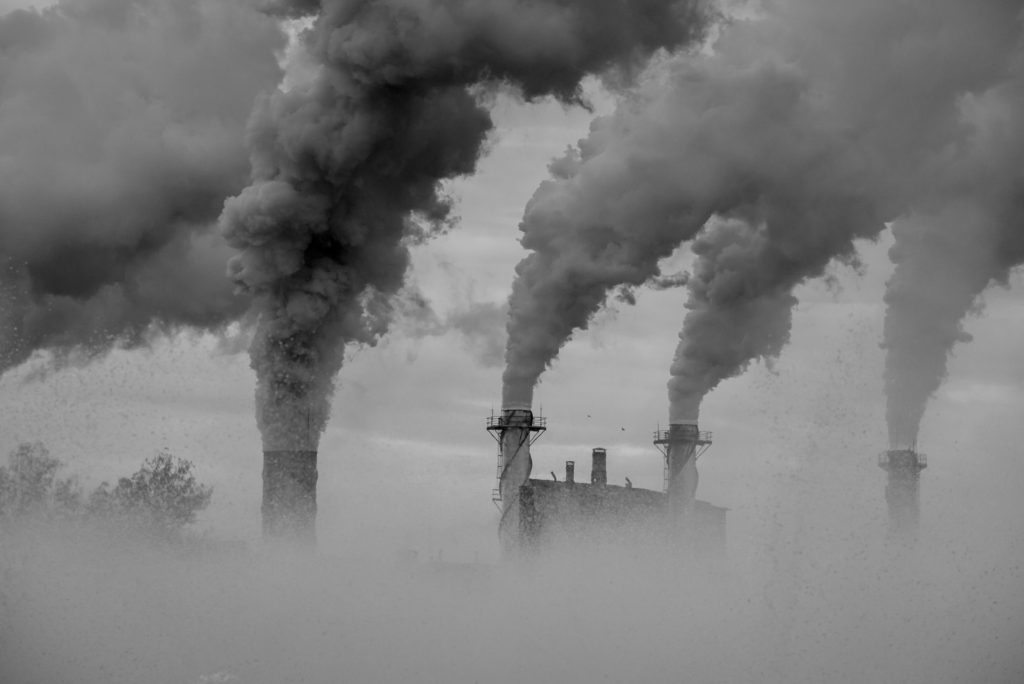Extended Producer Responsibility: A Problem for Plastics

Companies cannot continue ignoring the full impacts of the goods they produce, including depletion of unrenewable materials and pollution of the environment. Extended producer responsibility (EPR) considers these previously untracked financial and environmental costs and seeks to establish systems that will pay for them. Plastic has emerged as a prime focus of EPR initiatives. Here’s why…
Louisiana Residents Fight Massive Plastic Facility and Associated Pollution

Environmentalists and residents recently forced Formosa Plastics, a plastics supplier described by judges as a “serial offender” against the environment, to suspend the construction of a proposed 2,400 acre petrochemical complex in St. James Parish, Louisiana.
How Does Plastic Cause Air Pollution?

There are many factors that contribute to air pollution: the burning of fossil fuels, the release of chemical pesticides, and now plastic pollution. But how does plastic cause air pollution?
Plastic’s Environmental Burden Covers Land, Sea, and Sky

Plastic is attacking our environment from all angles. As seen in Houston, the amount of harmful toxins being emitted into the air continues to grow in conjunction with the expanding plastic industry.
